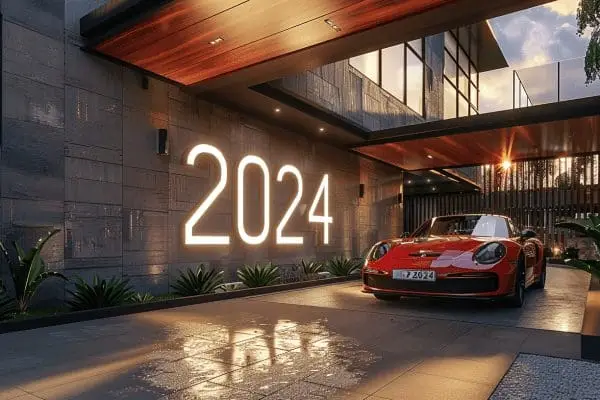General Contracting For Dummies
I am one of those types of people who has a hard time paying someone else to do things which I can do myself. I enjoy trying new things and learning how to do new things. I think this is a genetic issue so I will blame it on that. Dad would agree and so would my Grandfather. My beautiful wife would also agree and I have more stories that I would like to admit where this has caused all sorts of problems. Typically I realize, about half way through, that this is going to take me a lot longer than I had thought. It’s funny to think that many times I would have saved money and a lot of time had I just hired it out. Some of the larger projects no question that I would have saved money. Taking time off work, seven trips to the Home Depot in one day, you get it. What was I thinking?!
Being your own General Contractor (GC) can save you money on your home renovation or construction project, but it comes with added responsibilities and risks. After all, your learning something new for crying out loud. If you’re considering taking on the role of GC for your next project, here are a few things you might consider;
- Understand that being a GC means you’ll be responsible for managing all aspects of the construction process, from hiring and supervising subcontractors to obtaining permits and ensuring that the work meets all building codes. This can be a lot of work, and it’s important to have a good understanding of the construction process before you take on this role.
- Make sure you have the time and energy to devote to the project. Being a GC can be time-consuming, and you’ll need to be available to make decisions and manage the project on a daily basis. Being able to react quickly when subcontractors need an answer from you before they can proceed is crucial. If you can’t get them the answer they need ASAP, they have another project waiting for them… in Middleton.
- You will need a very good understanding of the entire scope of work to build a home and all of the required materials. You will need a detailed construction documents (plans, drawings, construction-documents) of the project as well as a detailed cost breakdown. This will help you determine how much money you’ll need to complete the project and help you budget for any inevitable and unexpected expenses.
- When it comes to hiring subcontractors, make sure you do your research and hire reputable professionals with the necessary skills and experience to complete the work. Do they have the proper insurance? Can they provide referrals? Can they pass a drug test?
- You’ll also need to have a good understanding of the sequence of construction and how to create a schedule and set deadlines for each stage of the project to ensure everything is completed on time. Managing the schedule has never been more difficult than during the past two years dealing with the mutant flu virus.
- You’ll also need to obtain all necessary permits and make sure that the work being done meets all local building codes. This can be a time-consuming and complicated process, so it’s important to be familiar with the Building Codes.
- Finally, be prepared for the unexpected. No matter how well you plan and organize your project, there will always be unexpected challenges and setbacks. The key is to be flexible and adaptable in order to keep the project on track.
Bob Vila has an excellent post on this topic, which you can check out here; https://www.bobvila.com/articles/678-being-your-own-general-contractor/.
Being your own General Contractor can save you money on your project, but it also comes with a great deal of unknowns and will require that you become an expert question asker and not taker. If you are thinking of starting your own large project, don’t hesitate to reach out to me. Someone once helped me along the way, many actually, and I would to help answer some of those questions for you. I would be honored that you did and my suggestions are free, contact me here.
All the best to you in your endeavors and I hope you enjoy this rewarding experience!









